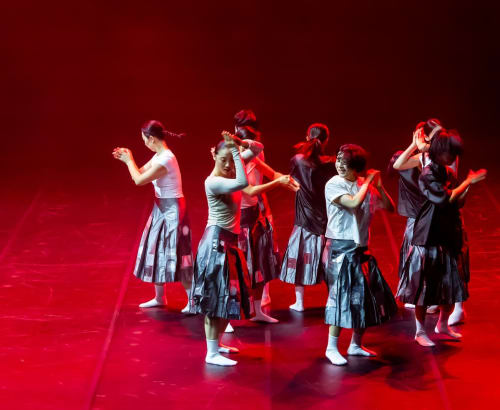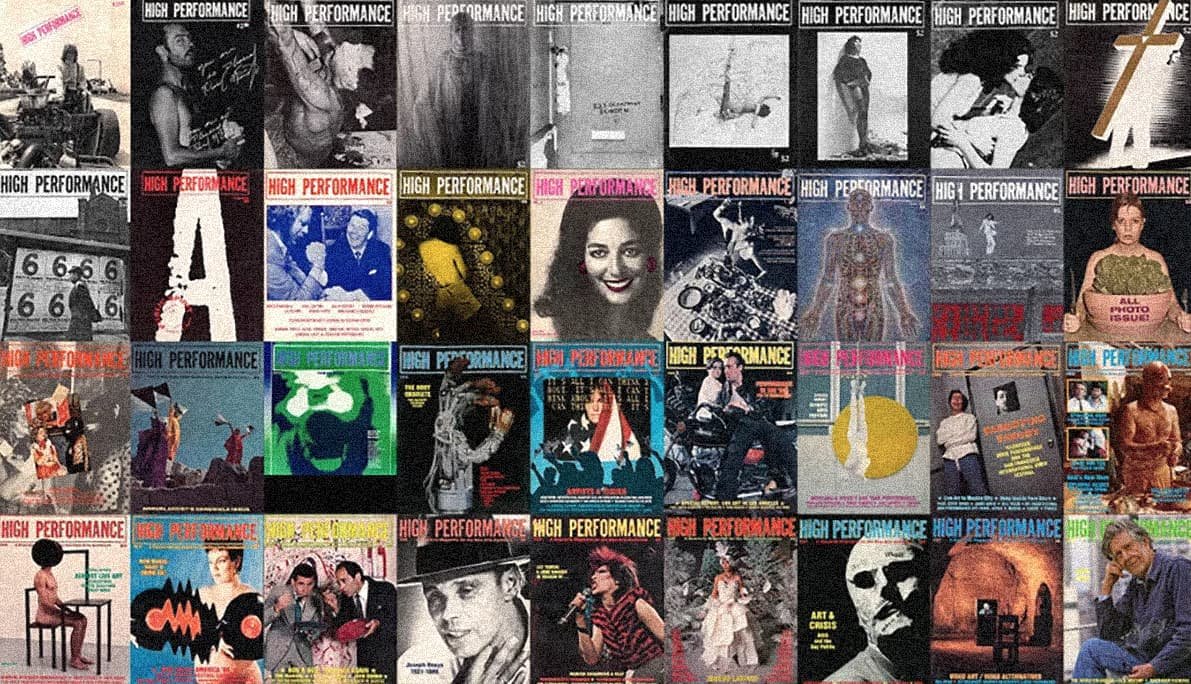
On the Movement of Calibration
February 17, 2026
Lee Yanghee at Performing Arts Market in Seoul
Seoul, South Korea
It is a test of tradition and a public display of vulnerability, where the limits of training become visible in real time.




